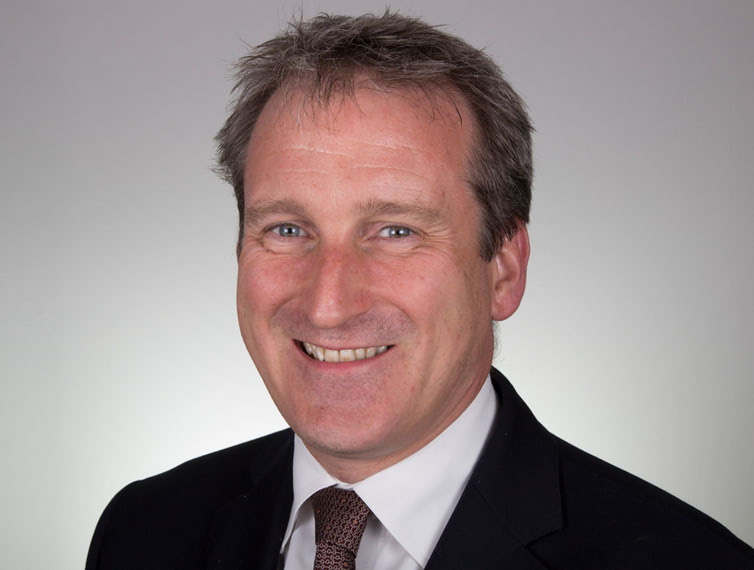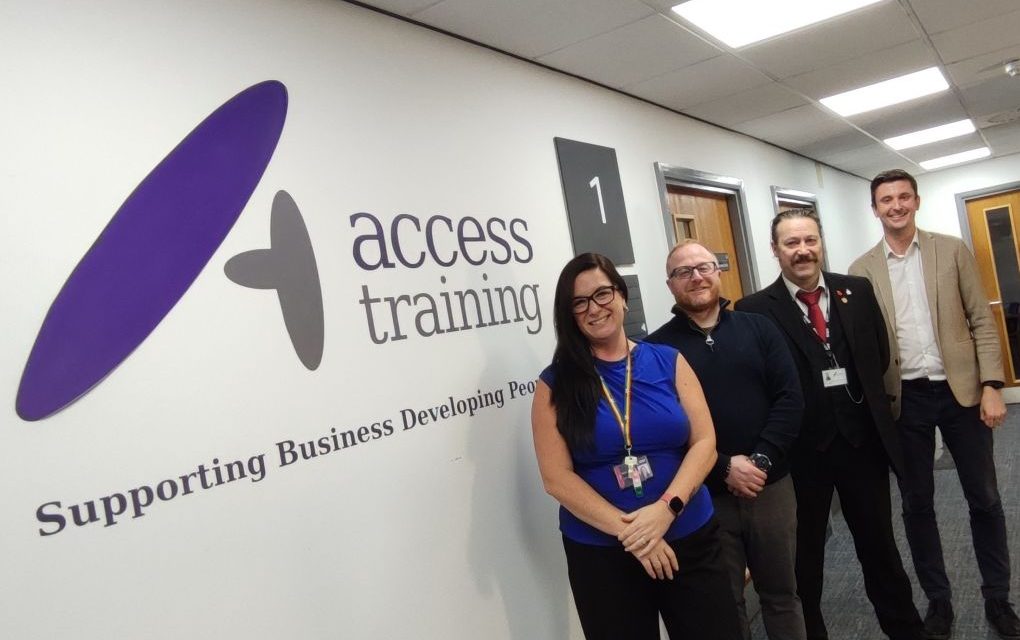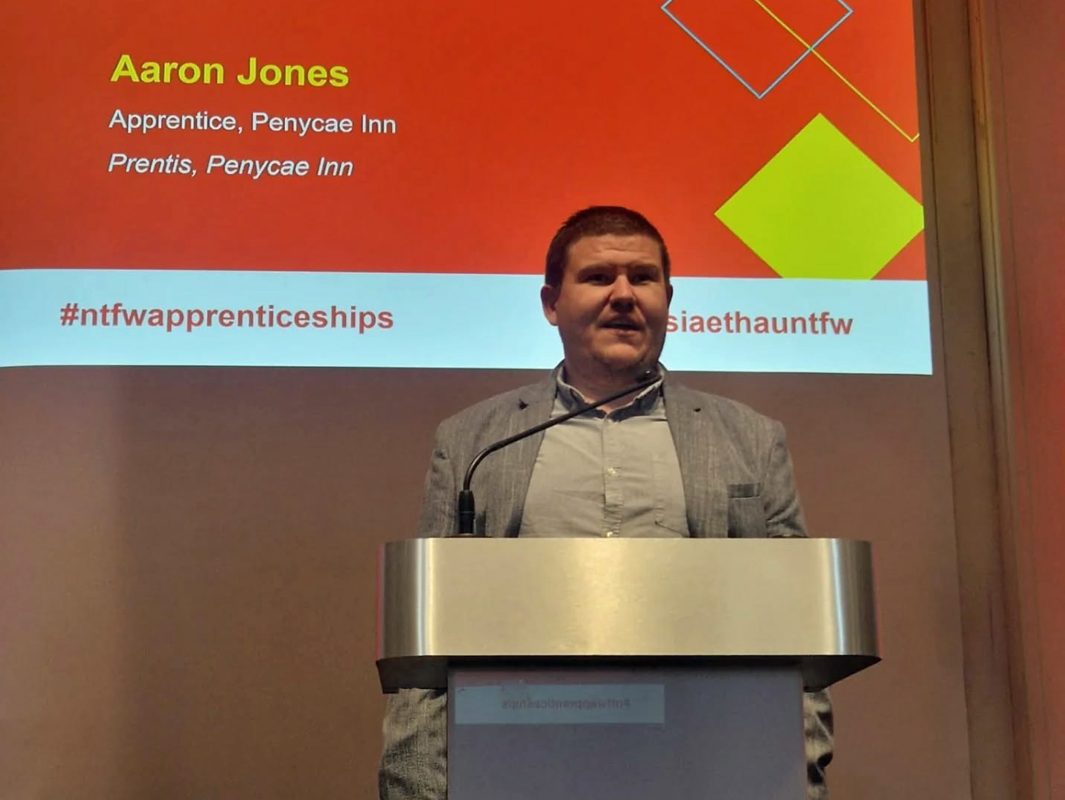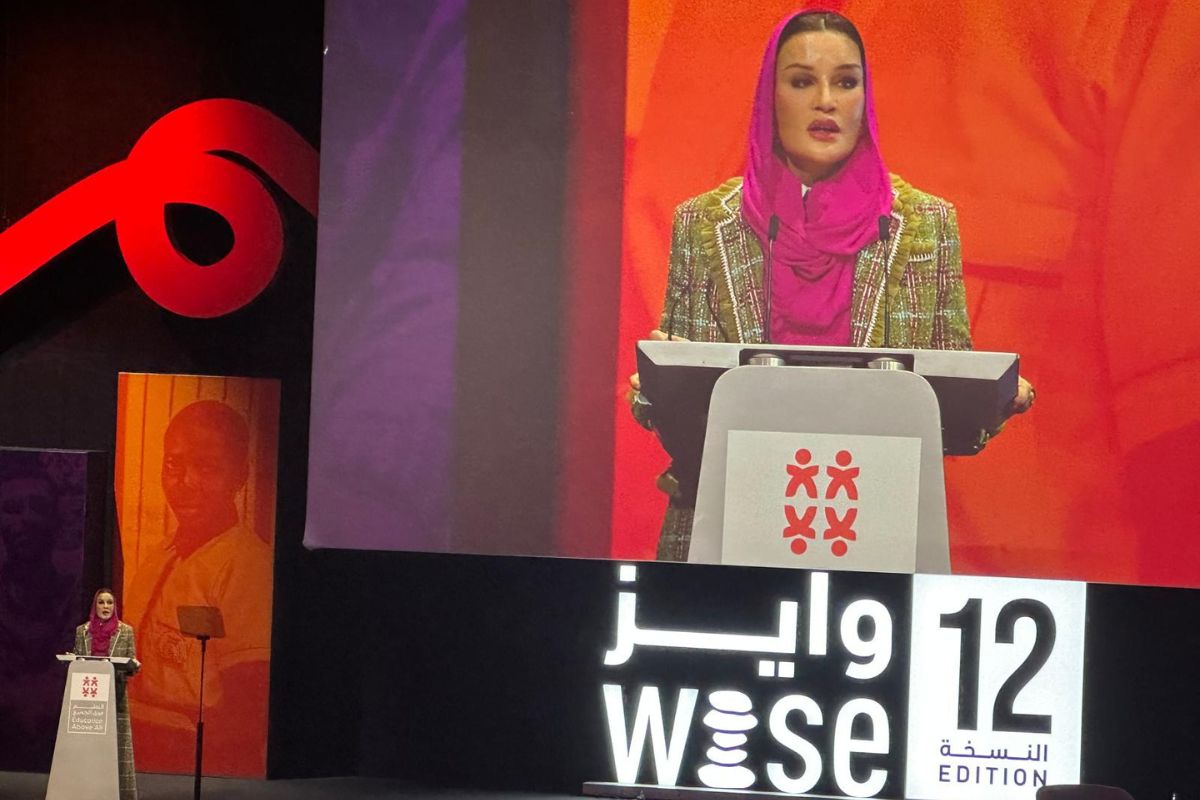All pupils to be taught about mental and physical wellbeing in schools from 2020

All children in England will be taught how to look after their mental wellbeing and recognise when classmates may be struggling, as the Government unveils new guidance for the introduction of compulsory health education.
Bold new plans set out today (Monday 25 February) by the Education Secretary Damian Hinds confirm that, from September 2020, pupils of all ages will be taught the new subject – with a focus on promoting the positive link between physical and mental health.
This comes alongside the introduction of compulsory relationships education for primary-age pupils and relationships and sex education (RSE) for secondary-age pupils, to ensure children have all the knowledge they need to grow up healthy, happy and safe.
It follows an extensive call for evidence and three-month consultation on the draft regulations and guidance. This received more than 11,000 responses including from leading charities, teaching unions and subject associations – many of whom have welcomed today’s proposals.
Making health education universal – and updating sex education guidance for the first time since 2000 – will ensure pupils are prepared for the opportunities and challenges of an “ever more complex” world, both on- and offline.
Education Secretary Damian Hinds said:
“Growing up and adolescence are hard enough, but the internet and social media add new pressures that just weren’t there even one generation ago. So many things about the way people interact have changed, and this new world, seamless between online and offline, can be difficult to navigate. Almost twenty years on from the last time guidance on sex education was updated, there is a lot to catch up on.
“Although sex education is only mandatory to teach at secondary, it must be grounded in a firm understanding and valuing of positive relationships, and respect for others, from primary age. In turn positive relationships are connected with good mental health, which itself is linked with physical wellbeing. So it is appropriate to make health education universal alongside relationships and sex education.
“I’m very grateful to the many people who have fed into developing these new programmes, to equip youngsters better to deal with the world of today. It starts as it always did with the importance of friendship, kindness, taking turns; as well as learning about the pitfalls and dangers, including on the internet. It will help children learn how to look after themselves, physically and mentally, and the importance of getting away from the screen and the headphones. And it can help young people be resilient as they chart a course through an ever more complex world.”
At primary school, pupils will learn that mental wellbeing is a normal part of daily life and why simple self-care – like getting enough sleep and spending time outdoors and with friends – is important.
This will go hand-in-hand with content on nutrition, the importance of staying active, and recognising the early signs of physical illness – ensuring pupils understand how mental and physical health are linked.
Primary school children will also be taught age-appropriate online safety – including what to do if they come across things they are uncomfortable with, the importance of respect for others even when posting anonymously, and the risks of talking to people on the internet that they don’t know in real life.
In addition, they will learn how important it is that spending time online doesn’t get in the way of exercising, getting enough sleep, or being an active part of their community.
Today’s announcement will follow the mental health support being made available by the NHS to a population of more than 470,000 children and young people across England in schools and colleges from September 2019.
The Department for Education is also funding training for senior mental health leads in schools and colleges to ensure a ‘whole school’ approach to mental health and wellbeing.
The new secondary content will build on everything learned at primary school, ensuring pupils can spot the signs of common mental illnesses such as anxiety and depression in themselves or others. Young people will learn how to discuss their emotions accurately and sensitively, about the impact of alcohol and drugs on physical and mental health, and how to access professional help.
Secondary pupils will also be taught online safety topics, including the serious risks of sharing private photos, the impact of viewing explicit or harmful content – including how to report it and get support – as well as how the internet can sometimes promote an unhealthy view of sex and relationships.
In addition, schools will be able to access supporting information on how to teach about all aspects of internet safety – not just those relating to relationships, sex and health – to help teachers deliver this in a co-ordinated and coherent way. The new content will complement the existing computing curriculum, which gives pupils a grounding in how to use technology safely, responsibly, respectfully and securely.
It will be left up to schools to decide exactly how they teach the new content, giving them the flexibility to promote health, wellbeing and respectful relationships – as many already do through PSHE – both across the curriculum and outside formal lessons.
To ensure teachers are well-prepared ahead of the subjects becoming mandatory in 2020, there will be a £6m budget in 2019/20 for a school support package to cover training and resources. The Department for Education will also provide support to early-adopter schools who will start teaching the new content from September 2019.
The lessons learned from early-adopters will be shared with other schools, to enable them to design high-quality programmes of study and prepare their teachers. The department will also offer training – either online or face-to-face – for teachers who might need it.
Government support will build on a range of free resources from charities and other organisations that are already available for schools to use.
Jonathan Baggaley, chief executive of the PHSE Association, said:
“We strongly welcome this government commitment to compulsory education on health, RSE and relationships. Parents, teachers and young people have been crying out for more focus on PSHE education, so will be delighted that this core content will be guaranteed on the school curriculum. The PSHE Association looks forward to supporting all schools to make the most of this huge opportunity.”
Anna Feuchtwang, chief executive of the National Children’s Bureau, said:
“The guidance published today is a welcome step forward in preparing children for adulthood, improving their wellbeing and keeping them safe and healthy. By providing compulsory health education with a strong focus on mental wellbeing, and guaranteeing relationships education in primary schools and relationships and sex education in secondary schools, the Government has responded to the needs and concerns of children, young people and parents.
“This is an important milestone but there is further work ahead to ensure the new requirements fulfil their potential for helping children grow up healthier and happier.”
From September 2020, relationships education will be mandatory for all pupils in primary schools, relationships and sex education for all pupils in secondary schools, and health education for pupils in all state-funded schools. Personal, social, health and economic education (PSHE) is already compulsory in independent schools.
Earlier this month, Education Secretary Damian Hinds launched one of the biggest ever mental health trials of its kind, with 370 schools in England taking part in testing different approaches to supporting young people. The study will run until 2021 and aims to give schools new, robust evidence about what works best for their students’ mental health and wellbeing.
Schools can get free resources to teach the new content from a range of different organisations, including the PSHE Association, Sex Education Forum and the Royal Foundation.











Responses